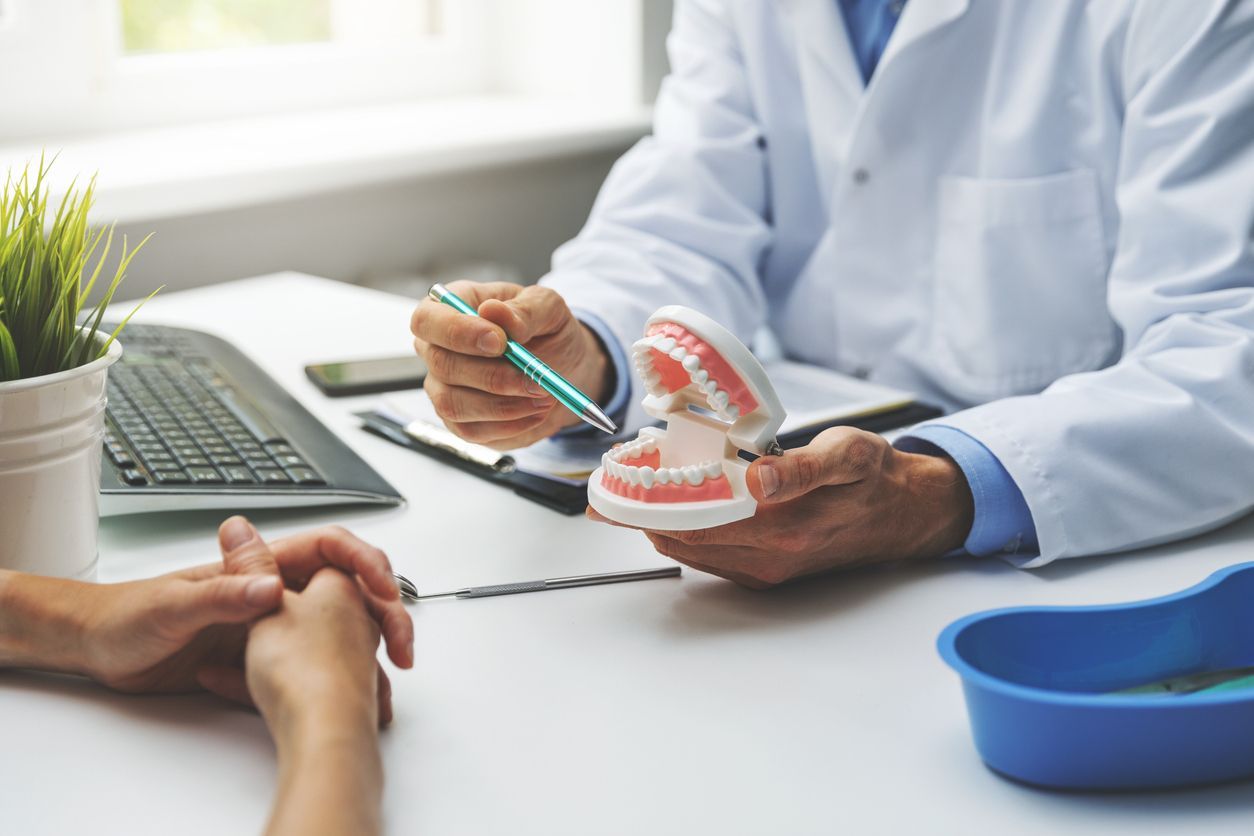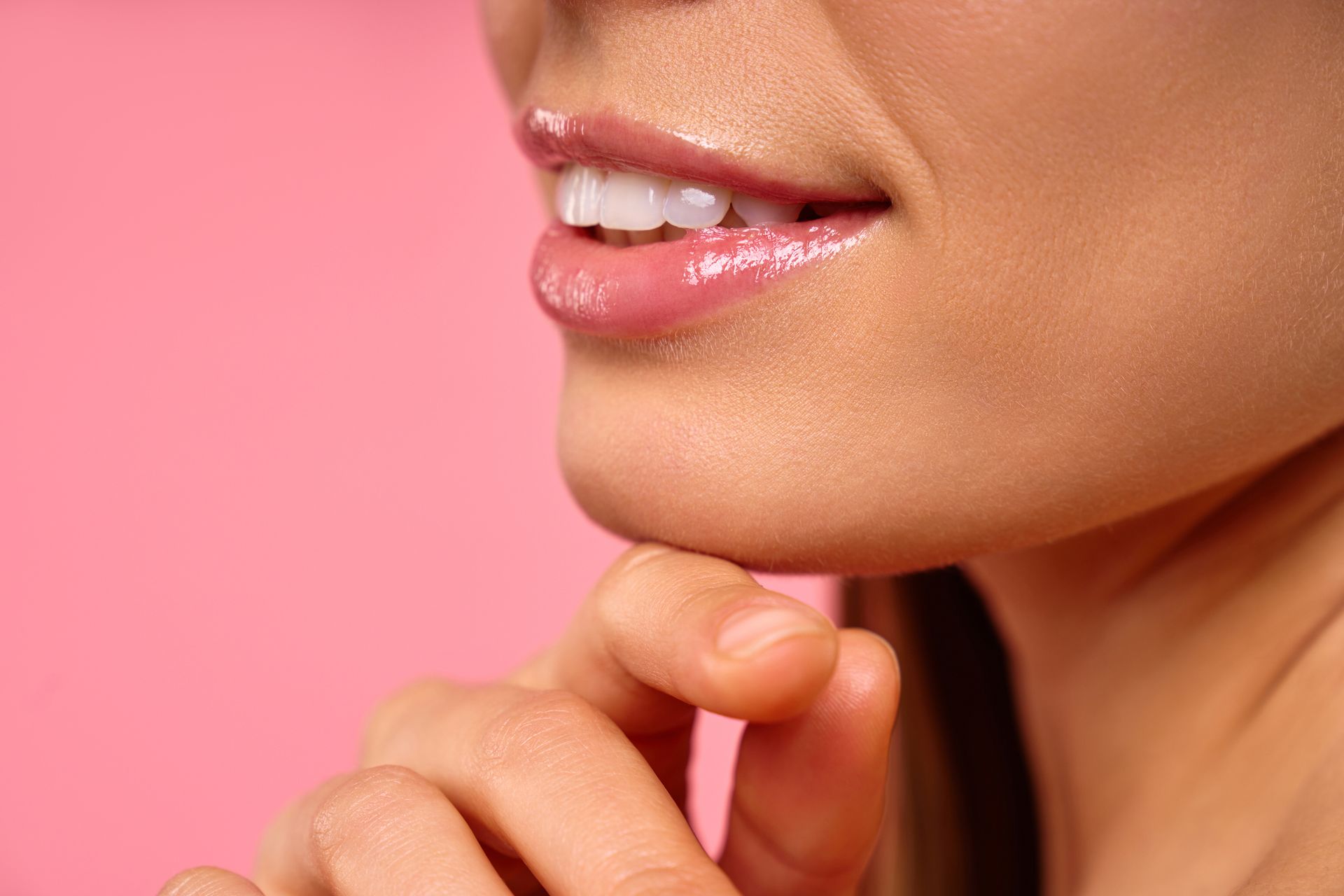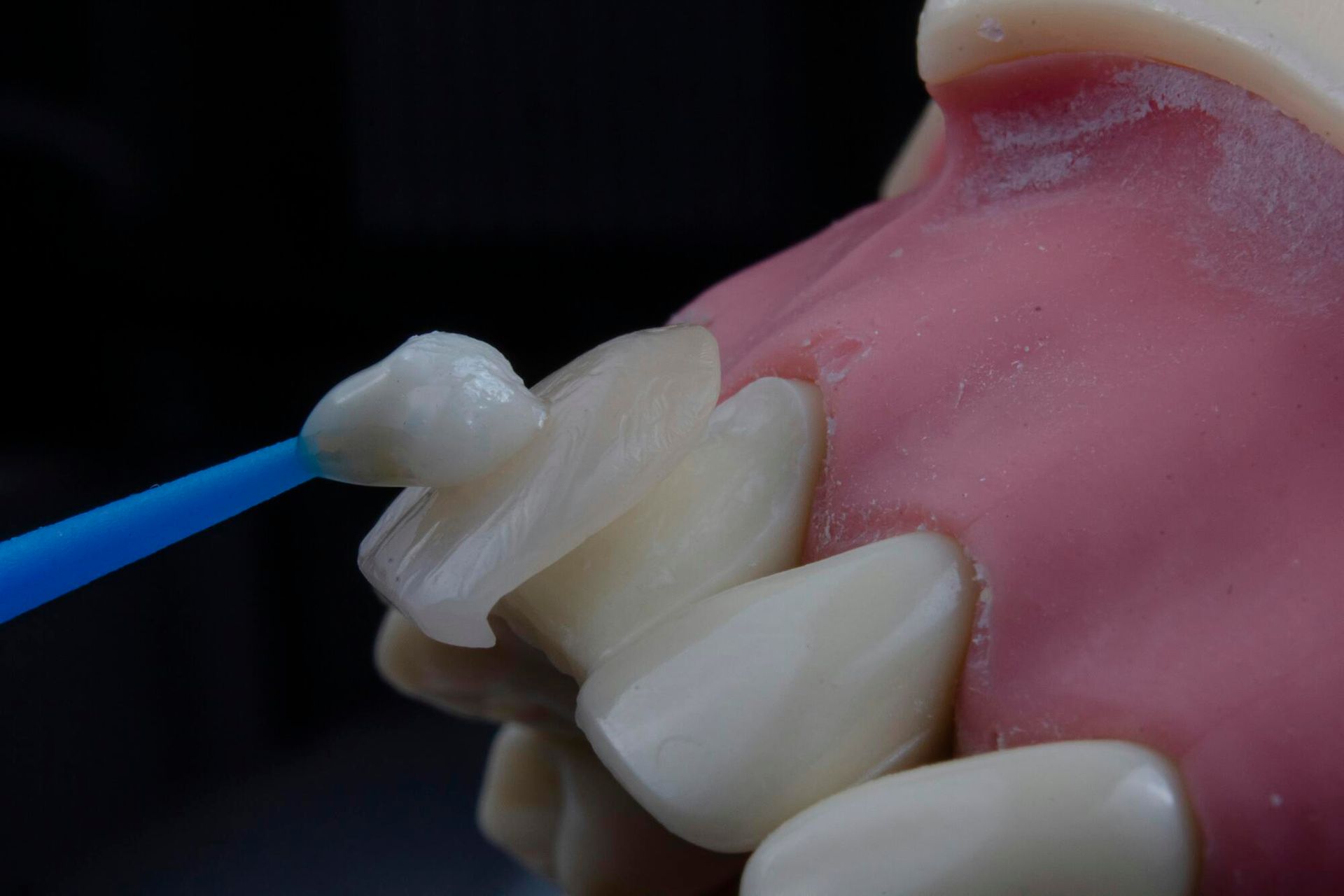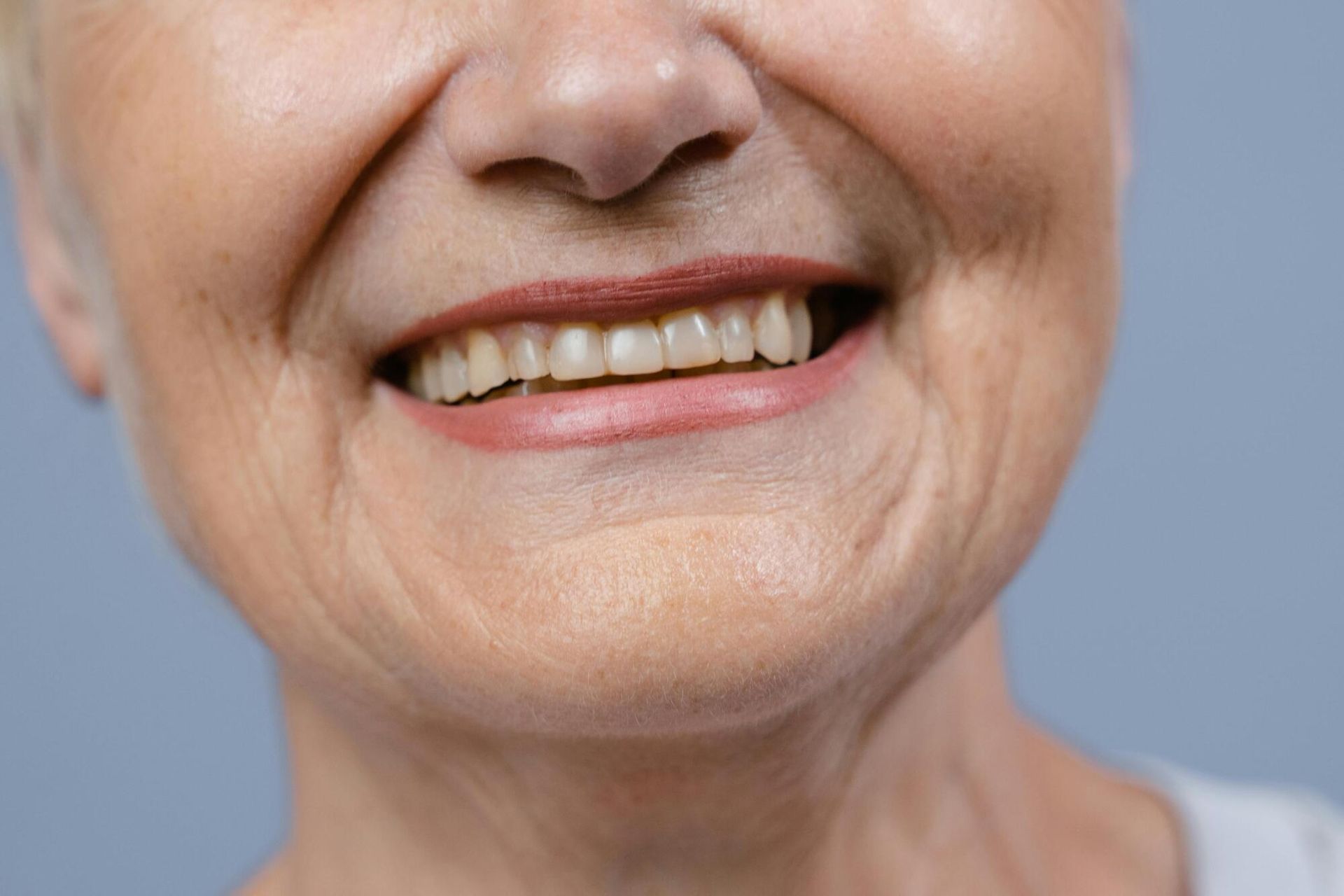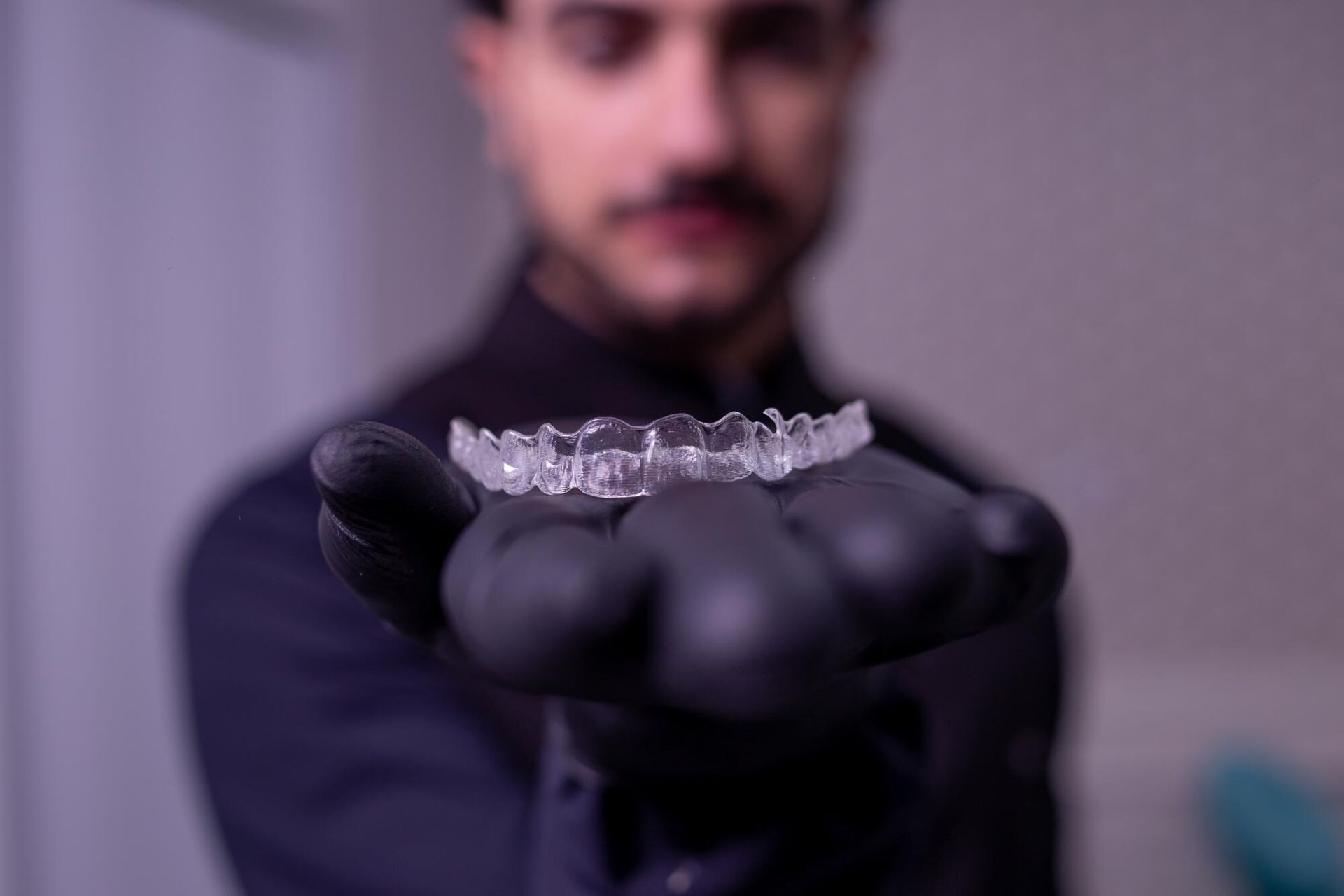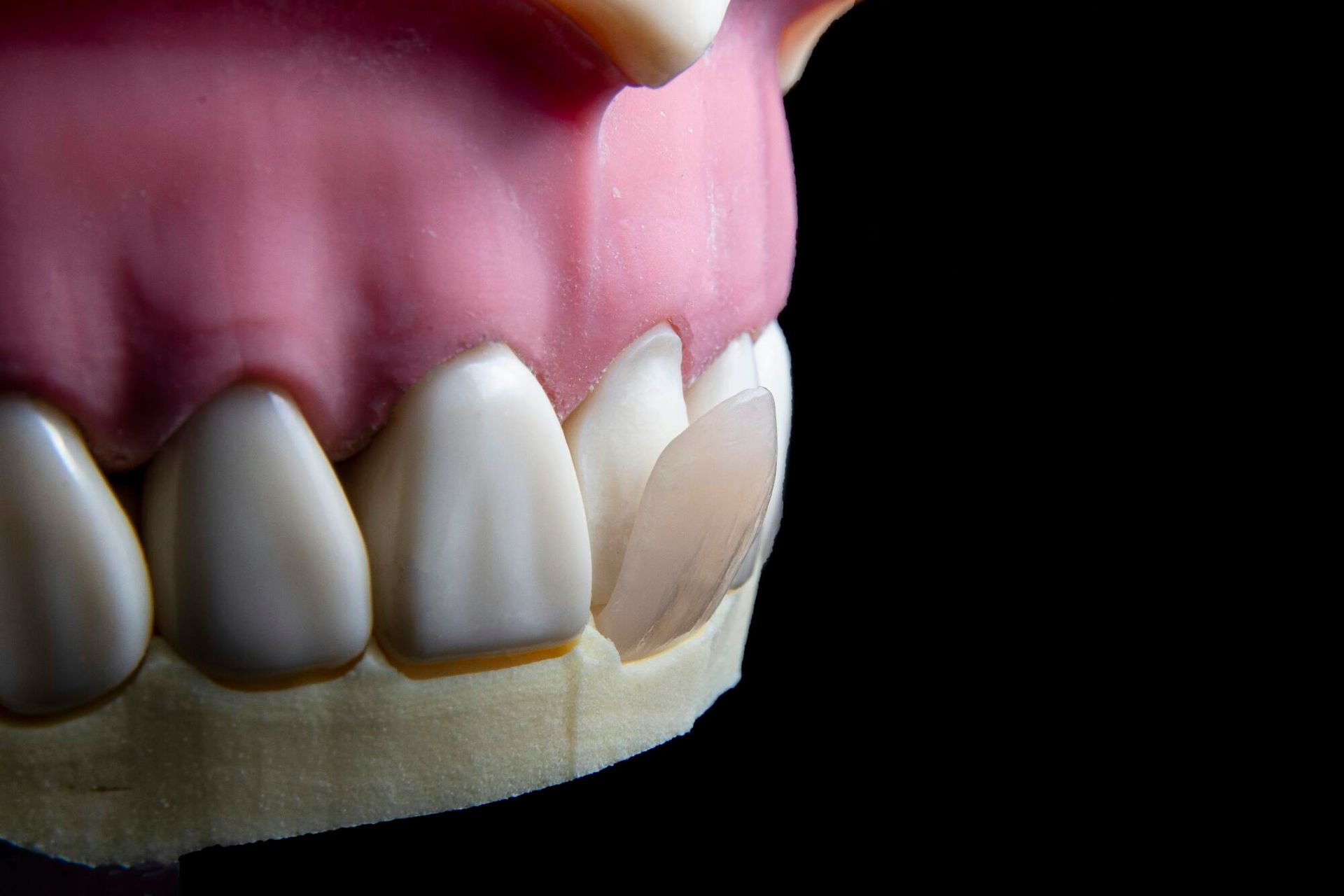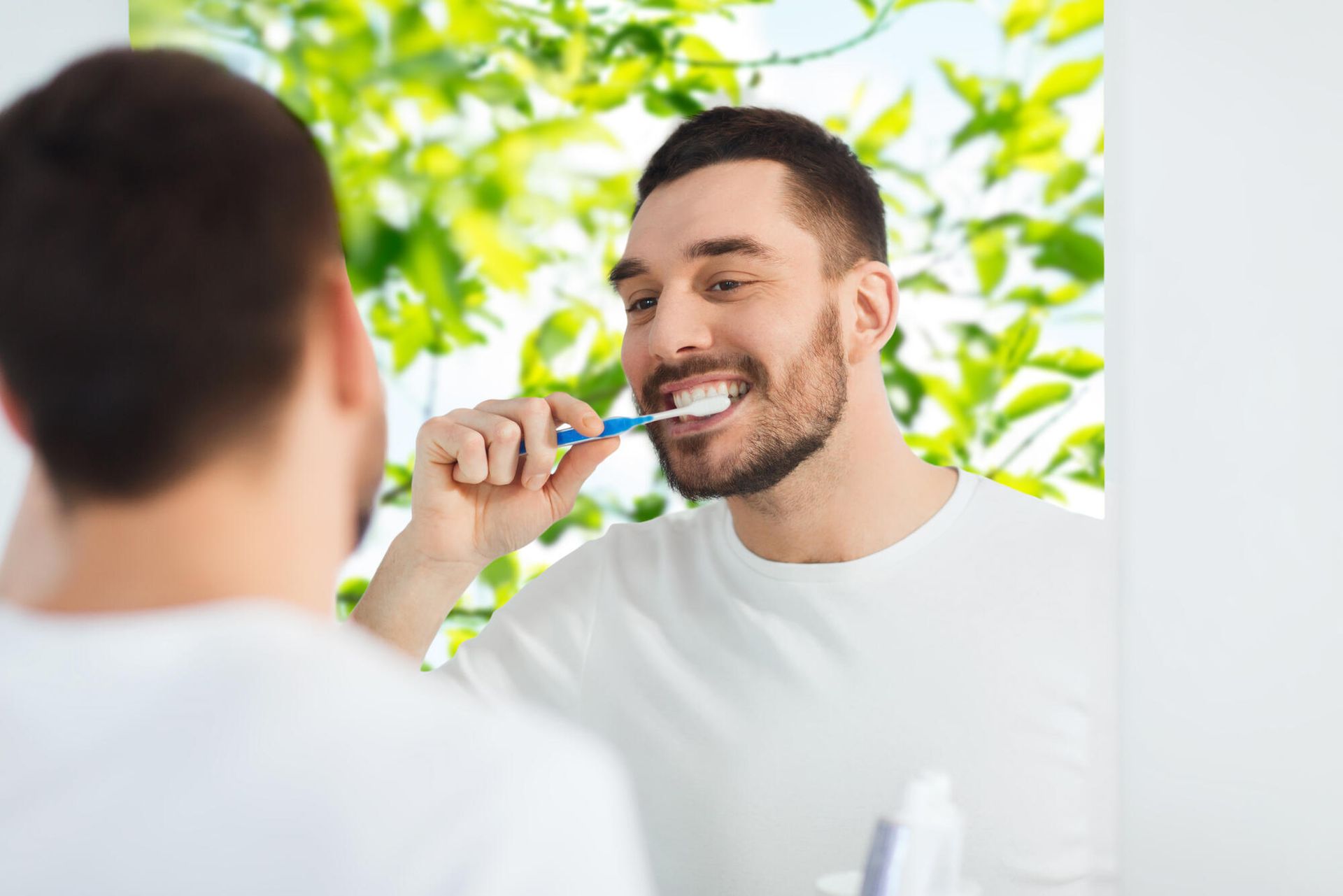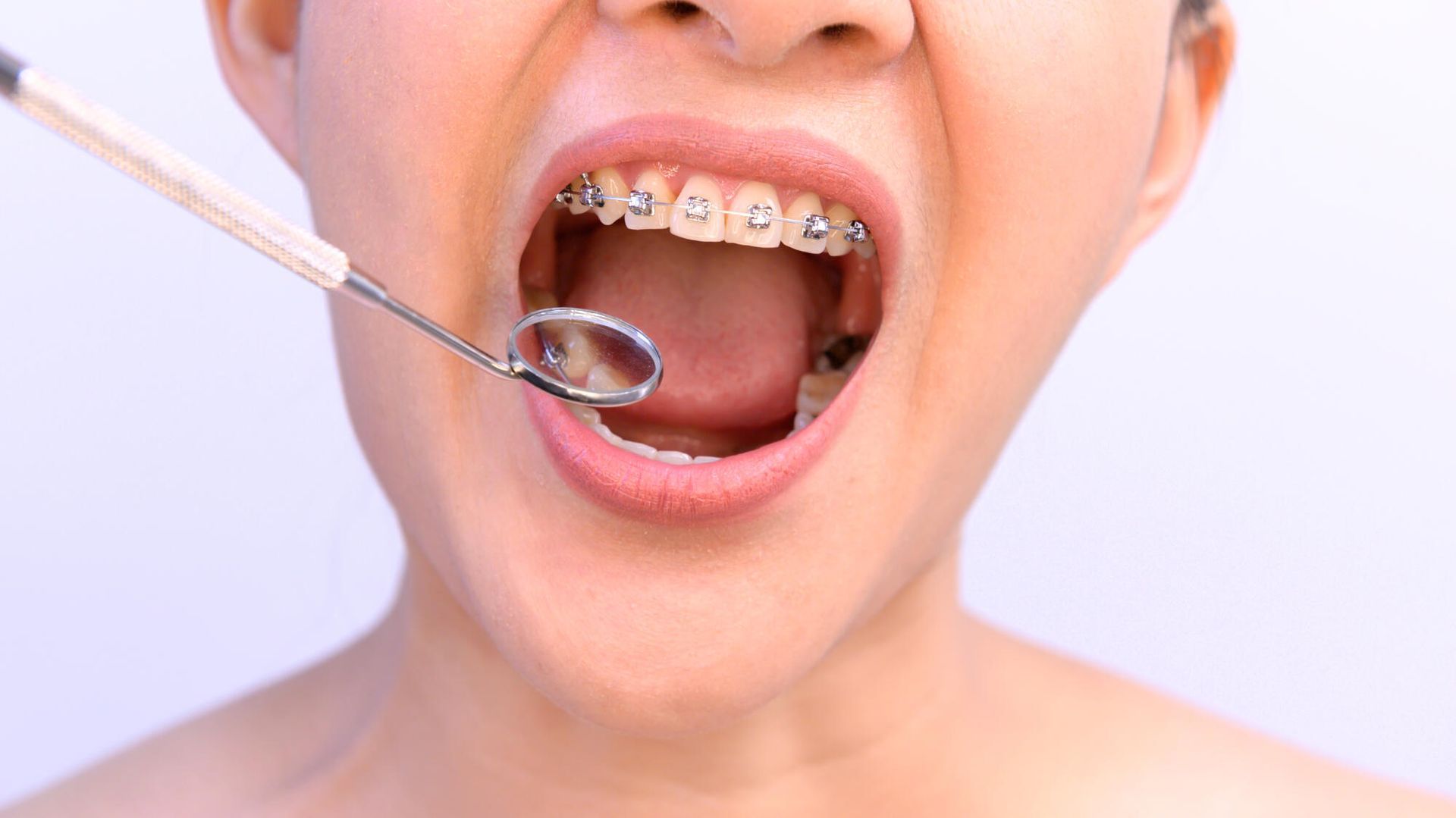A Guide to Understanding Common Oral Health Conditions
According to the NIH, nearly 50% of adults over the age of 30 suffer from gum disease. This common issue highlights the importance of maintaining advanced dental health.
Let's look into common oral health conditions, from cavities to gum disease and even oral cancer. We'll explore how you can protect your smile through proper oral hygiene, effective dental care techniques, and preventive dental care.
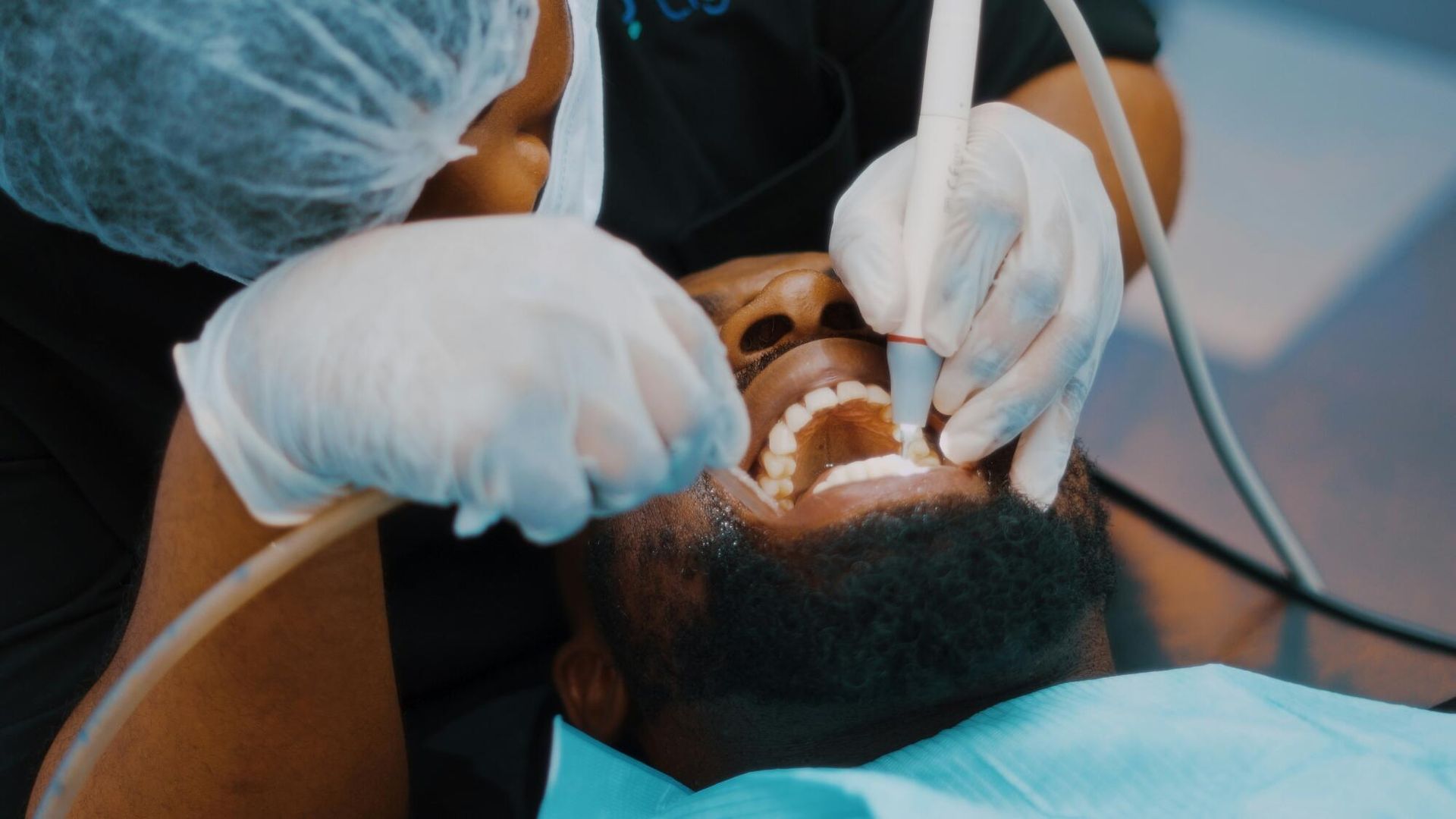
Understanding Oral Health
Oral health plays a key role in your overall well-being. It's not just about having a nice smile. It impacts many aspects of your physical health.
When your oral health is neglected, it can lead to more than just cavities and bad breath. Poor oral hygiene has been linked to serious conditions like heart disease and diabetes.
There are three primary aspects to focus on when discussing oral health:
- Its definition and importance
- The connection between oral health and systemic health
- Preventive dental care
Definition and Importance
Oral health refers to the health of your teeth, gums, and the oral-facial system. It's the system that gives you the ability to smile, speak, and chew. When your oral health is in good shape, you're less likely to have oral pain and have to go through various dental procedures.
Connection Between Oral Health and Systemic Health
Your oral health is closely linked to your overall health. Infections in your mouth can spread to other parts of your body. For instance, gum disease has been connected to conditions like heart disease and stroke.
Preventive Dental Care
Preventive care is all about maintaining healthy gums and teeth before problems arise. Regular brushing, flossing, and dental checkups are essential parts of this care. By keeping up with these habits, you can avoid more serious oral health issues in the future.
Common Oral Health Conditions
There are three primary oral health conditions that affect many people. For the most part, they are treatable and preventable:
- Cavities
- Gum Disease
- Oral Cancer
Cavities
Cavities are one of the most common oral health issues. They develop when plaque builds up on teeth, producing acids that wear down the essential enamel.
Without proper brushing and flossing, these acids can create tiny holes, leading to cavities. If left untreated, cavities can cause pain, infection, and even tooth loss. Regular dental checkups and good oral hygiene can help prevent them.
Gum Disease
Gum disease is another big oral health problem. It starts with a mild inflammation of the gums, a.k.a. gingivitis. But that's not the end of the road. If gum disease isn't stopped, you can wind up with periodontitis.
This is when the gums pull away from the teeth and create small pockets that are vulnerable to infection.
Over time, this can lead to tooth loss and other serious health issues.
Oral Cancer
Oral cancer is less common but very serious. It can affect any part of the mouth, including the lips, tongue, and throat. Risk factors include tobacco use, heavy alcohol consumption, and HPV infection.
Early detection is critical, as oral cancer can be life-threatening if not treated in its early stages. Regular oral health screenings by your dentist can help catch it early.
Advanced Dental Health Techniques
Brushing and flossing are the foundation of good oral hygiene. Brushing twice a day with fluoride toothpaste helps remove plaque and bacteria that can lead to cavities and gum disease. It's essential to use the right technique, which is short, gentle strokes to clean every surface of your teeth.
Flossing daily is equally important, as it removes food particles and plaque from areas your toothbrush can't reach.
Regular Professional Cleanings and Checkups
Even with excellent at-home care, regular visits to the dentist are necessary. Professional cleanings remove hardened plaque, or tartar, that brushing and flossing can't handle.
These cleanings help prevent gum disease and cavities. During checkups, your dentist can catch any early signs of problems like tooth decay or oral cancer. Early detection makes treatment easier and more effective.
What you eat affects your oral health. A diet high in sugary foods and drinks can lead to cavities. Instead, focus on eating a balanced diet rich in fruits, vegetables, and dairy products.
These foods can strengthen your teeth and gums. Drinking plenty of water and avoiding tobacco products are also essential steps.
Preventive Dental Care
Sealants and fluoride treatments are effective ways to protect your teeth from decay. Dental sealants are thin coatings applied to the chewing surfaces of your back teeth, where cavities often form.
They act as a barrier, keeping out food particles and bacteria. Fluoride treatments, on the other hand, strengthen tooth enamel, making it more resistant to decay. These treatments are especially helpful for children, but adults can benefit from them as well.
Regular Oral Health Screenings
Regular oral health screenings are another key part of preventive care. These screenings allow your dentist to catch potential problems early, such as cavities, gum disease, or even oral cancer.
Early detection often means easier and less expensive treatment. During these checkups, your dentist can also provide guidance on how to improve your oral hygiene routine.
Maintaining Healthy Gums
A consistent daily routine is key to keeping your gums healthy. Brushing twice a day with a soft-bristled toothbrush helps remove plaque from your teeth and gums.
Flossing daily removes food particles and plaque from between teeth, reducing the risk of gum inflammation. Using mouthwash can also help reduce bacteria in your mouth, giving your gums extra protection.
Recognizing Signs of Gum Disease Early
It's important to recognize the early signs of gum disease so you can address them before they become more serious. Bleeding gums, bad breath, and red or swollen gums are common early signs.
If you notice any of these symptoms, it's best to consult your dentist as soon as possible. Early treatment can prevent gum disease from progressing, protecting your overall oral health.
The Importance of Preventive Dental Care
Maintaining advanced dental health is essential for a healthy smile and overall well-being.
At Nellysford Dentist, we aim to provide patients with the highest quality dentistry in a fun, pleasant environment. Using the latest technology, our experienced staff works to give you exceptional treatment.
Get in touch today to learn how we can help with your oral health!




